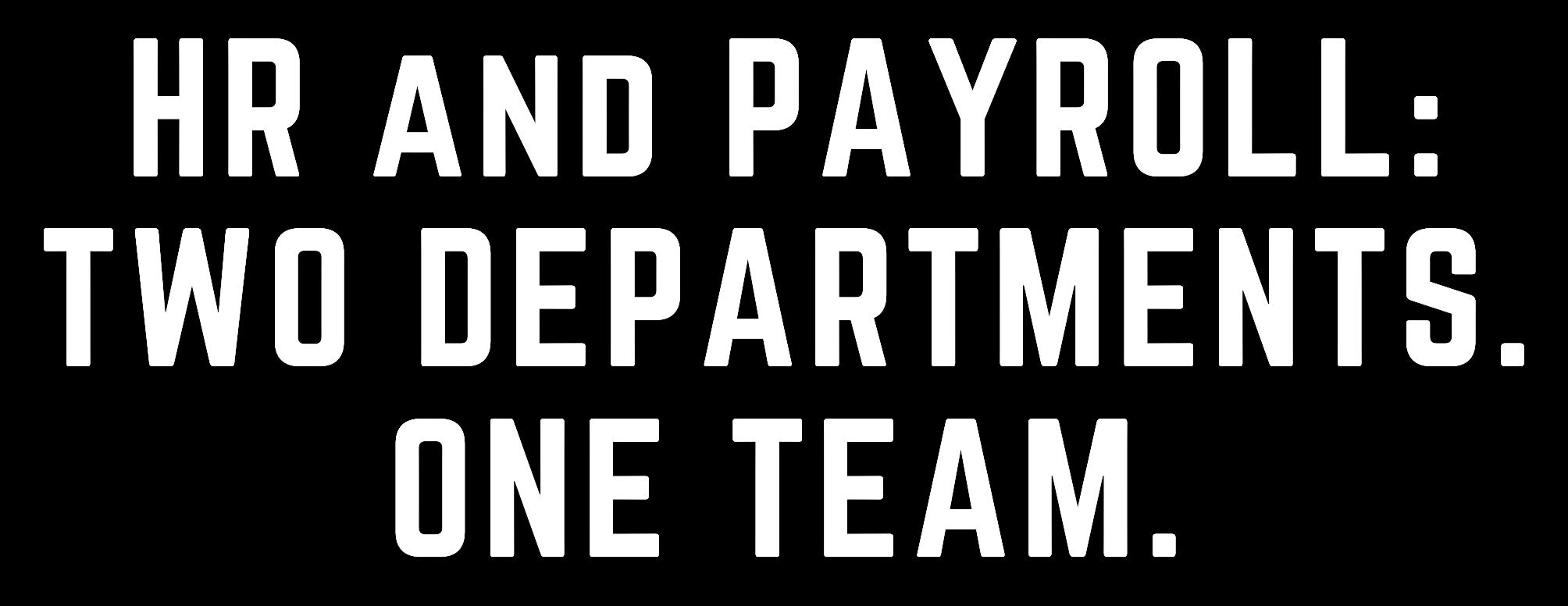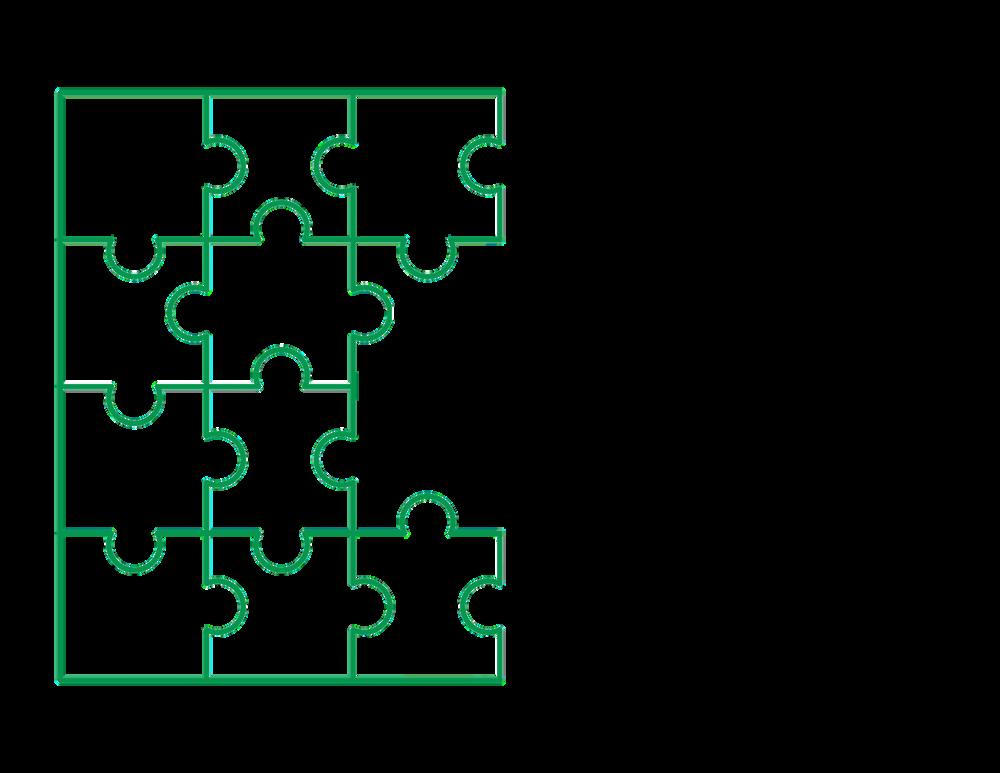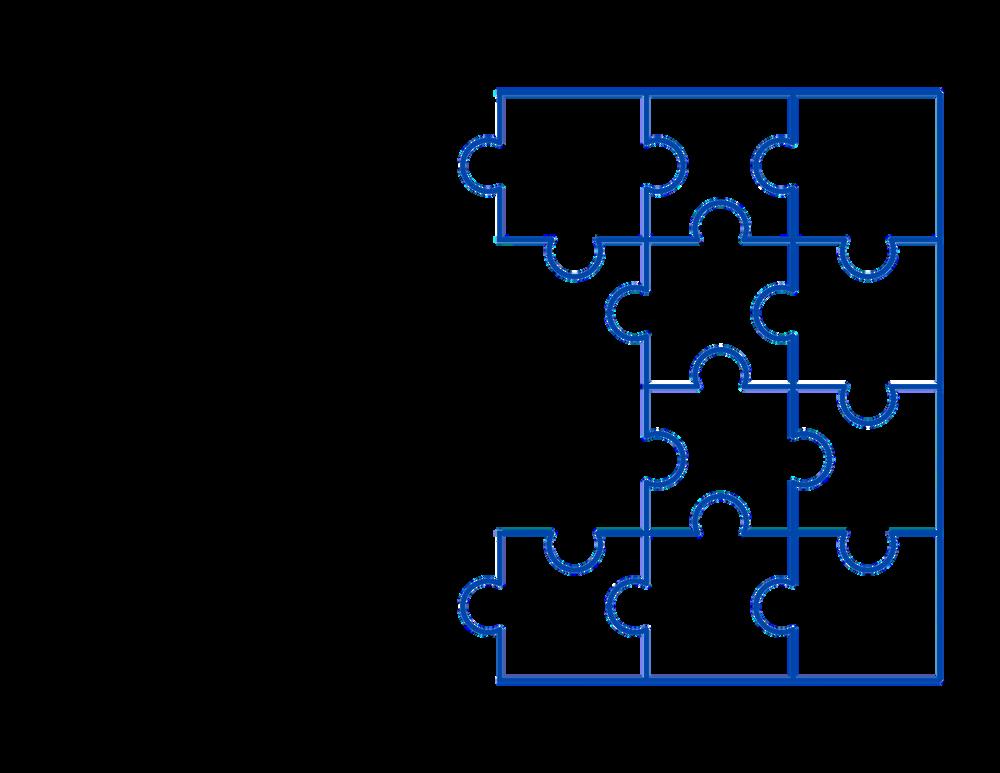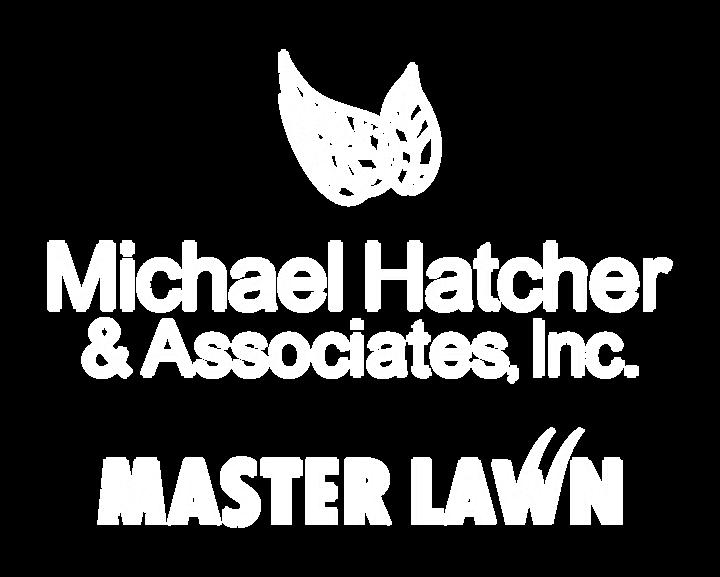p r e p a r e d b y :
Lana Brown, Head of HR/IT
Human Resources (HR) and Payroll have different organizational responsibilities but overlap in some areas. The most significant difference between the HR and Payroll departments lies in the type of people hired for these roles since both require very different skill sets.
Payroll is a finance-based role that requires a thorough understanding of numbers and detailed knowledge of accounting processes and tax laws. Hence, those working in the Payroll Department should be highly logical and mathematically inclined. For example, non-accountants should not handle the accounting system to minimize the risk of accounting errors and mishandled financial data.
On the other hand, the HR Department focuses on people management and organization, so individuals who are organized, have excellent communication skills, and enjoy talking to others are best suited for this role. People who lack proper training to handle confidential and personal employee information are unsuitable for HR, as this risks serious privacy breaches.
PAYROLL
HR and Payroll are the key pieces in the employee support puzzle.
• Recruiting and Hiring: Identifies staffing needs and sources candidates; screens resumes; conducts interviews; performs background checks; checks MVRs; and facilitates the hiring process.
• Onboarding: Helps new employees integrate into the company; conducts orientation sessions to help new employees learn about the company; completes documents for payroll; explains company benefits; ensures new hires have a workspace, if needed, and IT help for setup; and coordinates job-specific items and equipment.
• Compliance: Ensures the company operates within the legal framework to avoid penalties and fines; administers various HR plans and procedures for all company personnel; assists in developing and implementing personnel policies and procedures; and prepares and maintains the Employee Handbook and the Safety and Health Program manual.
• Conflict Resolution: Resolves employee conflicts that could affect the individual and the company’s performance and acts as a liaison for support between employees and management.
• Employee Data Management: Handles all forms of employee data, including current employees, former employees, and applicants; verifies calculation of monthly premium statements for all group insurance policies and maintains statistical data relative to premiums; resolves administrative problems with the carrier representatives; and ensures salary changes or updates are submitted to the Payroll Department in a timely manner.
• Employee Relations: Works to maintain positive employee relationships and ensure compliance with employment laws; explains and advises employees about company and governmental rules, regulations, and procedures and the need for compliance.
• Financial Compensation: Pays employees’ salaries, bonuses, expense reimbursements, paid holidays, and overtime; and updates changes to withholding taxes and direct deposit information.
• Taxes and Deductions: Processes taxes, elected benefits, and other deductions from employee paychecks; analyzes, prepares, and inputs payroll data to include garnishments, PTO, insurance, and 401(k) deductions; and ensures compliance with all applicable state and federal wage and hour laws.
• Accounting: Matches payroll information with accounting systems to reconcile payroll entries and general ledger accounts, ensure data integrity, and follow internal accounting rules and policies; schedules bank payments and transfers to cover payrolls; provides a comprehensive breakdown of payroll-related charges such as salary and benefits to help managers reconcile actual cost versus budget; and keeps track of PTO balances to ensure pay is correct.
• Timekeeper Administration: Collects daily, weekly, or monthly timesheets (paper or electronic); calculates bonuses and allowances; reviews the electronic time clock for completeness and accuracy; and contacts department supervisors/managers for missed time and inaccurate pay code entries such as regular time versus overtime.
• Post-Payroll: Ensures employees get a copy of their pay (pay slip or check stub) after payroll has been processed and is the liaison between employee and supervisor/manager to correct any concerns or errors as quickly as possible.




